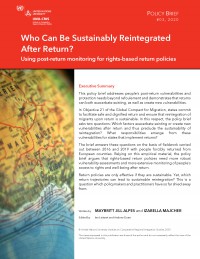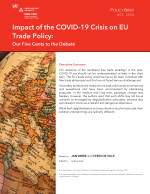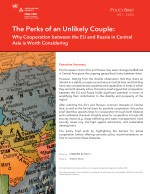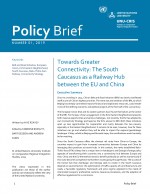Who Can Be Sustainably Reintegrated After Return? Using Post-Return Monitoring for Rights-Based Return Policies

This policy brief addresses people’s post-return vulnerabilities and protection needs beyond refoulement and demonstrates that returns can both exacerbate existing, as well as create new vulnerabilities.
In Objective 21 of the Global Compact for Migration, states commit to facilitate safe and dignified return and ensure that reintegration of migrants upon return is sustainable. In this respect, the policy brief asks two questions: Which factors exacerbate existing or create new vulnerabilities after return and thus preclude the sustainability of reintegration? What responsibilities emerge from these vulnerabilities for states that implement returns?
The brief answers these questions on the basis of fieldwork carried out between 2016 and 2019 with people forcibly returned from European countries. Relying on this empirical material, the policy brief argues that rights-based return policies need more robust vulnerability assessments and more extensive monitoring of people’s access to rights and well-being after return.
Return policies are only effective if they are sustainable. Yet, which return trajectories can lead to sustainable reintegration? This is a question which policymakers and practitioners have so far shied away from.



